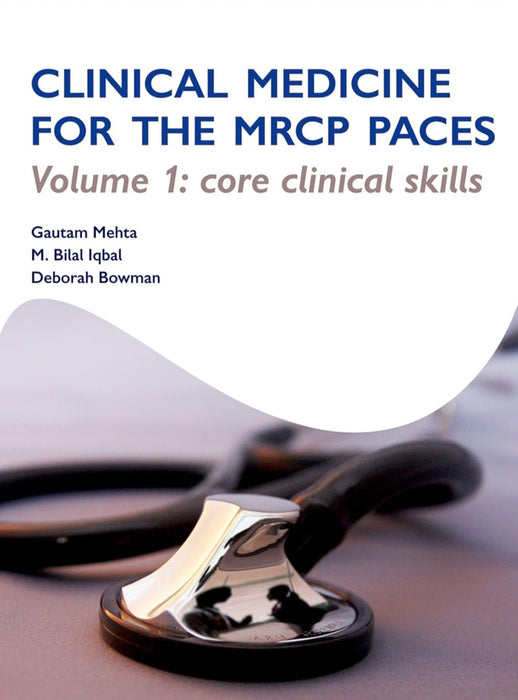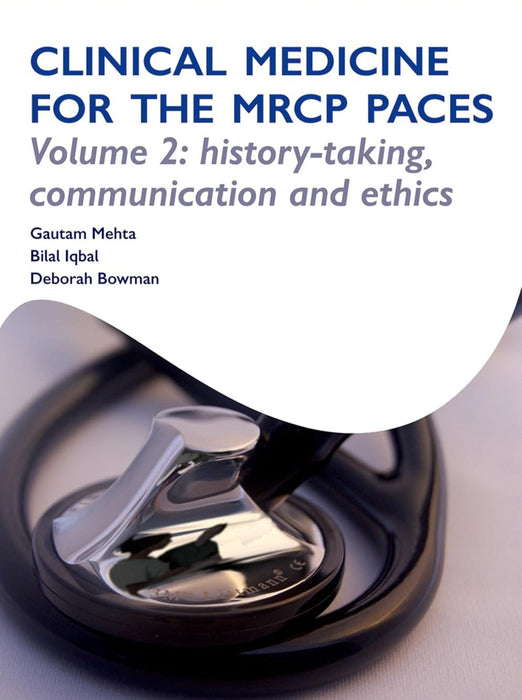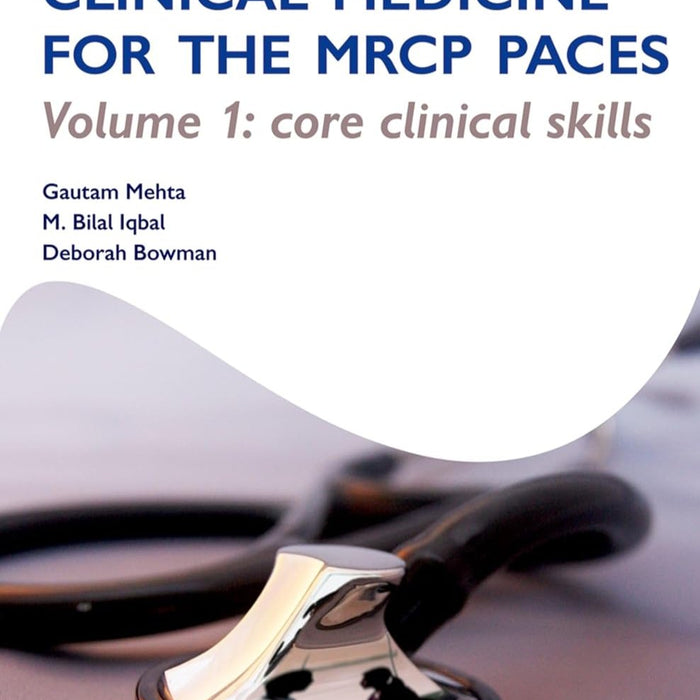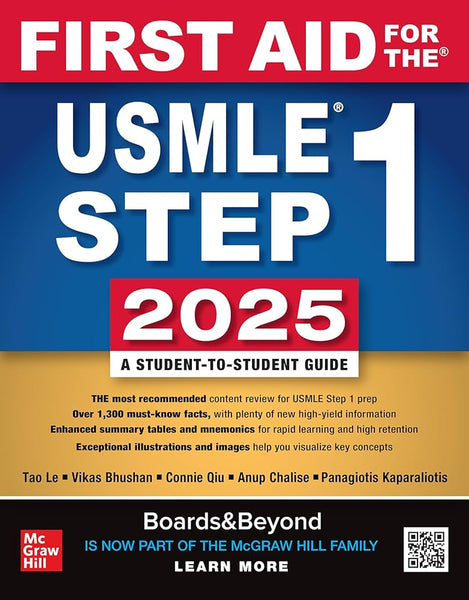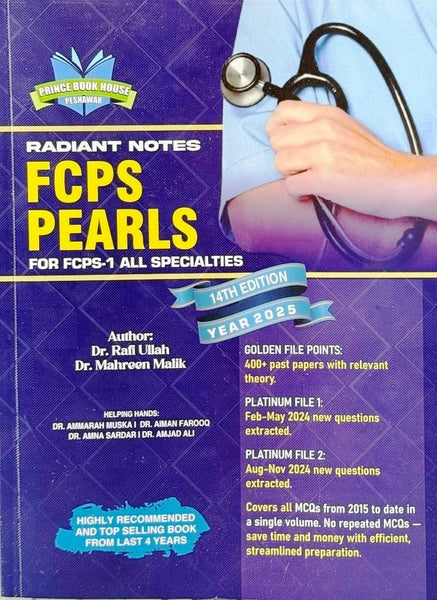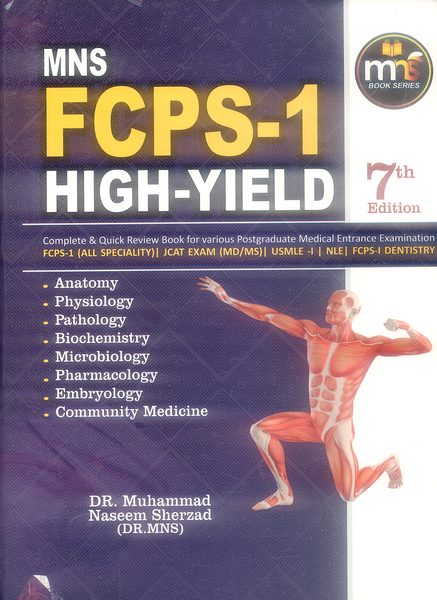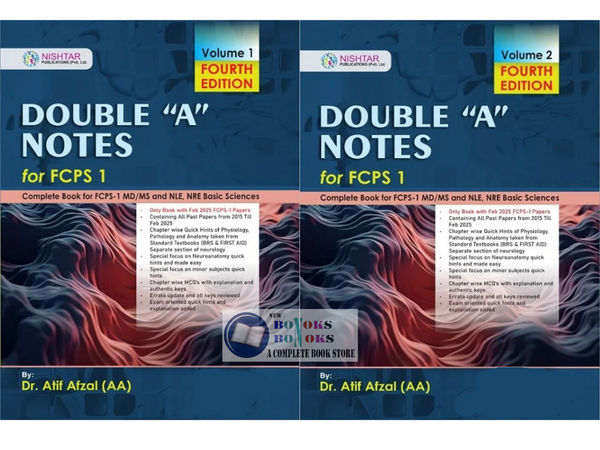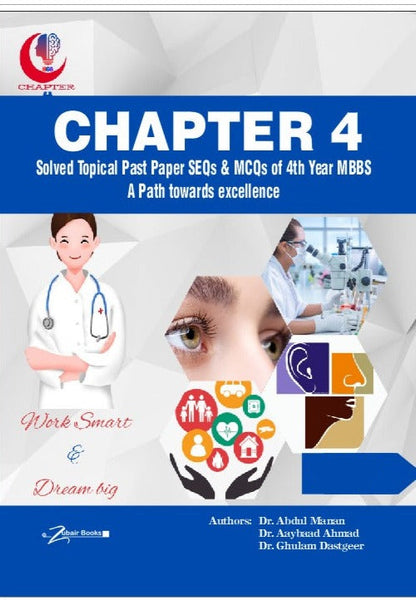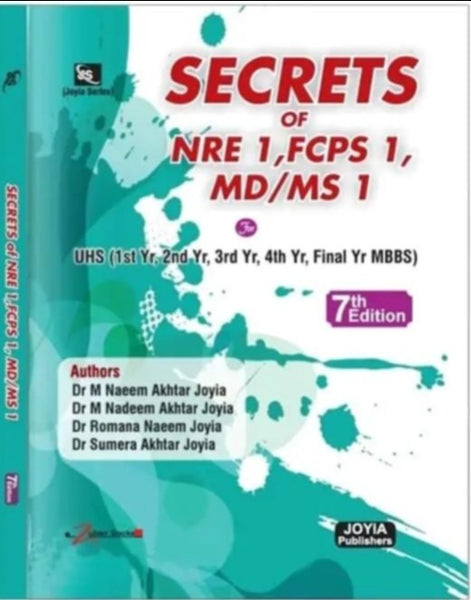Clinical Medicine for the MRCP PACES by Gautam Mehta (Author)
- Publisher: MEDICAL BOOKS
- Availability: In Stock
- SKU: 37472
Rs.1,360.00
Rs.1,695.00
Tags: Bedside Examination guide , best books , Best Price , Best Selling Books , Clinical assessment MRCP , Clinical cases MRCP , Clinical Medicine for the MRCP PACES , Clinical Medicine MRCP PACES , Clinical medicine textbook , Clinical skills book , Clinical skills training , Communication and Ethics , Communication in Medicine , Core Clinical Skills , Core Clinical Skills MRCP , Deborah Bowman medical book , Ethical medicine guide , Gautam Mehta MRCP , History Taking , History Taking Communication and Ethics , History Taking MRCP , M Bilal Iqbal book , Medical Ethics PACES , Medical practice book , Medical students guide , MRCP PACES guide , MRCP PACES practice , MRCP preparation book , MRCP trainee book , Online Bookshop , Pakistan print medical book , Patient communication book , Practical medicine guide , Volume 1 , Volume 1 Core Skills , Volume 2 , Volume 2 History and Ethics , Volume I , Volume II
📘 Title Name: Clinical Medicine for the MRCP PACES
Volume 1: Core Clinical Skills
Volume 2: History Taking, Communication and Ethics
✍️ Authors: Gautam Mehta, M Bilal Iqbal, Deborah Bowman
📦 Quality: White Paper, Pakistan Print
🔹 Introduction:
Clinical Medicine for the MRCP PACES is a comprehensive two-volume guide designed to help medical professionals excel in the MRCP PACES examinations. It combines core clinical skills, history taking, communication, and ethical principles, making it an essential resource for trainees preparing for practical clinical assessments.
Volume 1: Core Clinical Skills
🔑 Key Points –
-
Covers essential bedside examination techniques for all major systems.
-
Provides step-by-step guidance for cardiovascular, respiratory, abdominal, neurological, and musculoskeletal exams.
-
Includes visual aids and clinical tips for accurate diagnosis.
-
Focuses on structured approach and time management during clinical exams.
-
Offers practice scenarios to build confidence and proficiency in patient assessment.
Volume 2: History Taking, Communication and Ethics
🔑 Key Points –
-
Guides systematic and effective patient history taking across specialties.
-
Explains communication strategies for delivering information and breaking bad news.
-
Covers ethical dilemmas commonly encountered in clinical practice.
-
Emphasizes patient-centered care and professionalism.
-
Provides sample cases and discussion points for real-life PACES scenarios.
🩺 Conclusion:
These two volumes of Clinical Medicine for the MRCP PACES are indispensable for medical trainees aiming for excellence in clinical exams. With clear explanations, practical tips, and structured learning, this guide bridges theoretical knowledge and hands-on practice.


